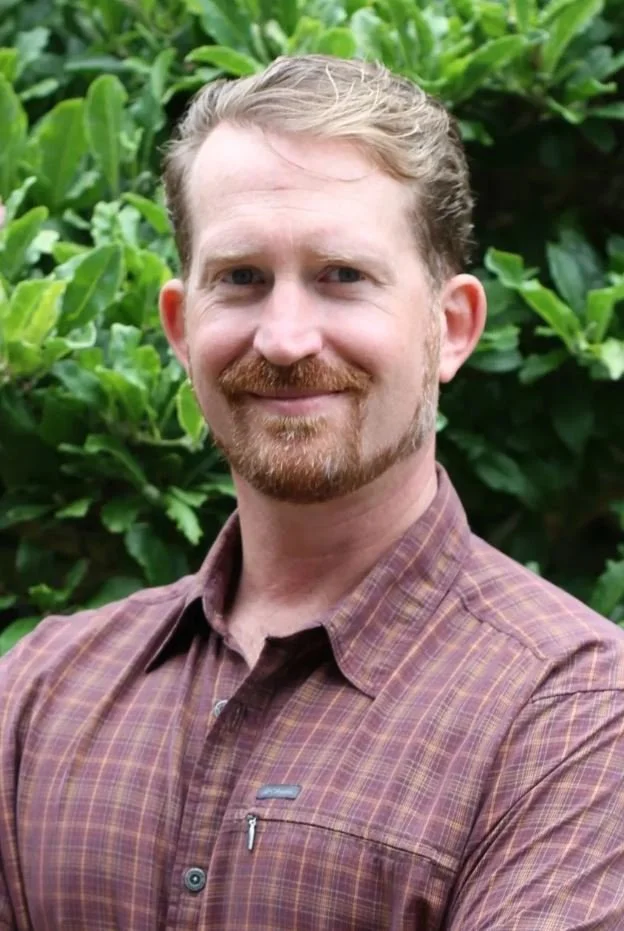
Marine Workstream
Seafood Sector Adaptation Strategy Implementation
Background
Climate change presents a range of existential challenges for our seafood sector. Physical climate impacts such as changing temperatures, ocean acidification, and species migration will change what, where, and how marine organisms can be caught and farmed. Transitional factors such as changing consumer preferences, new regulatory settings, and rising fuel costs will likely require innovation on an unprecedented scale for today’s seafood organisations to remain prosperous under tomorrow’ socio-economic conditions.
For the first time, sectoral leaders and subject matter experts from government, iwi, industry, banking, research, and environmental NGOs have come together to address these challenges. They have collaborated in the development of a Climate Change Adaptation Strategy for the Seafood Sector (SAS). The aim of the SAS is to enhance the resilience and adaptative capacity of Aotearoa’s seafood system so that future generations can enjoy a thriving marine environment, blue economy and seafood community.
Click below to read more about Phase I and II of the Seafood Sector Adaptation Strategy.
Kaupapa
This workstream is an output of The Aotearoa Circle’s Marine Domain ‘Phase 1’ and ‘Phase 2’ workstreams. Implementing the SAS is an essential step towards safeguarding the cultural, ecological, social and economic fabric of Aotearoa’s seafood sector in the face of rapid, uncertain change.
The SAS is focused on building resilience and taking action in response to climate-related risks and opportunities across the entire seafood system in Aotearoa New Zealand. In doing so it touches on key aspects of our marine natural capital resources, the commercial viability of wild capture and aquaculture fisheries, the cultural values we apply in decision making for the future, and the rules, regulations and systems we rely on in bringing seafood to domestic and global markets.
Jodie Kuntzsch has been appointed to lead the execution of the Seafood Sector Adaptation Strategy. Phase I, a two-year project, will focus on creating a sector-wide Adaptation Plan, which serves as a guiding document to help organisations identify, prioritise, and address the unique climate change challenges they face. The design and development of the adaptation process and enabling activities is under the direction of a multi-stakeholder Implementation Group.
Implementation Group
-
Bubba Cook
Western and Central Pacific Tuna Programme Manager, WWF
-

Charles Heaphy
Resources Manager, Sealord
-

Dr Dave Taylor
Technical Director, Aquaculture NZ
-

Jane Symonds
Senior Aquaculture Scientist, Cawthron Institute
-

Jodie Kuntzsch
CEO, Moananui
-

John Willmer
Fisheries Manager, Fisheries Inshore New Zealand Ltd
-

Megan Linwood
Principal Adviser, National Direction Team, Fisheries Management, MPI
-

Michelle Cherrington
Group Communications and Sustainability Manager, Moana
-

Dr Peter Longdill
General Manager - Sustainability, Sanford
-

Ruth Cook
Manager, Strategic Engagement, New Zealand FIsheries, MPI
-

Stuart Yorston
Group General Manager – Marketing & Sustainability, Sealord
-

Vonda Cummings
Principal Scientist - Marine Ecology, NIWA
Click the button below to read full biographies for the Implementation Group
Our Guiding Principles
-
We will honour Te Tiriti o Waitangi by working in partnership and applying mātauranga Māori
We will live our whakatauki by being inclusive, collaborative and equitable. We will take a co-creative, partnership approach and draw on cultural values to achieve our goals.
-
We will take a whole-of-system approach
Our actions and decisions will be informed by a holistic, whole-system lens which integrates the marine environment, blue economy, and wider society, reflecting an ecosystem-based approach to fisheries and aquaculture management.
-
We will demonstrate agility and urgency, and focus on what matters
We will proactively and flexibly adapt to climate change being ambitious yet practical, and prioritising actions that offer the greatest impact towards the achievement of our strategic adaptation goals while adopting an enquiring and open mindset to navigating them.
-
We will take an evidence-based approach
We will transparently draw our decisions and actions from an evidence-based approach combing the best available science, mātauranga Māori, and other cultural wisdoms, knowledge and practices.
-
We will take a long-term and intergenerational focus
We will responsibly steward the resources of the future through our actions in the present, considering a range of plausible change scenarios to identify the long-term risks and opportunities they present, recognising the need to take action in the face of uncertainty and learn through doing.
-
We will advance the United Nation’s Sustainable Development Goals
We understand the role the SDGs play in planning sustainability actions at the global scale, and will take the aims of the SDGs into account in selecting our adaptation goals and objectives. In particular, our adaptation actions will support Aotearoa New Zealand’s efforts towards Responsible Consumption and Production (12), Climate Action (13), and Life Below Water (14).



